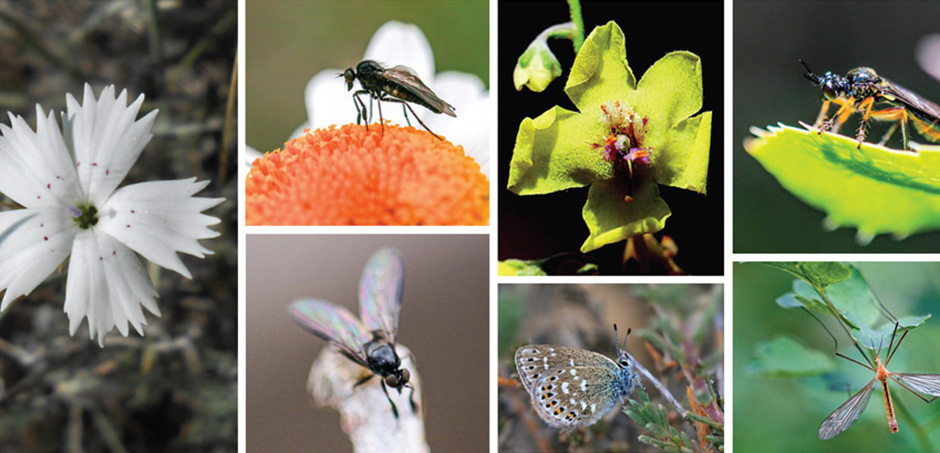The Trans Anatolian Natural Gas Pipeline (TANAP) continues on its mission to construct and operate a natural gas transmission pipeline system that will both support the economic development of the country and protect the sustainability of its natural resources.
To fulfill this overall objective:
TANAP has worked with national and international consultants to assess the environmental effects and likely impacts of the Project activities throughout the planning phase. To this end, TANAP prepared a comprehensive ESIA Report that was discussed with all stakeholders and approved by the competent authority.
Due consideration has been given to all applicable requirements specified in Turkish Environmental Legislation, as well as the international standards and best practices that prevail in the pipeline sector.
The third-level EUNIS habitat maps of the TANAP Project, which were prepared for a 500 m wide corridor within the context of the ESIA studies, is the first of its kind in Turkey, and led to the creation of a broad database that will serve as a benchmark for future studies in this field.
All environmentally-sensitive factors along the route of the pipeline, including those related to ecology, and soil and water resources have been identified through detailed surveys and investigations. As a result of these efforts, 8 fauna species and 6 flora species - in total 14 species – that were not previously recorded in scientific literature have been discovered. Studies continue on 3 new species.
Through detailed site surveys, 106 new archaeological sites that were previously unknown to the world were discovered. Moreover, during the resulting salvage excavations, more than 1000 artifacts were unearthed and added to the national inventory.
Special protective measures were integrated into the pipeline route selection process and design activities leading to the proactive avoidance or appropriate mitigation of detrimental impacts on environmentally-sensitive areas.
Effective environmental management plans and procedures for the construction and operation phases of the project have been developed to mitigate any unfavorable changes and to maximize the positive impacts of the project.
An effective and constructive engagement strategy has been devised to ensure the mutual understanding of the project stakeholders and TANAP, facilitating their participation and consultation in the decision-making processes of the project.
TANAP constantly monitors and assesses its Environmental Management System, which has been established in consideration of all the above studies and objectives to ensure the constant improvement of environmental performance, and dedicates the necessary resources to the achievement of this target.
Besides the measures taken to protect nature and biodiversity, TANAP is engaged in efforts to make a positive impact through reforestation and afforestation activities and various biodiversity offset projects on the steppe and forest habitats.
TANAP’s efforts have been recognized with several international awards related to Sustainability thanks to its contribution to the sustainability of the environment and the livelihoods of local people along the pipeline route through good practices and environmental and social investment projects.
TANAP will continue to maintain the leading role it has attained in the promotion of an Environmental Culture, not only in its organization, but in all of the activities it conducts with its stakeholders on national and international platforms.






 Awards
Awards Agreements
Agreements TANAP
TANAP Gallery
Gallery